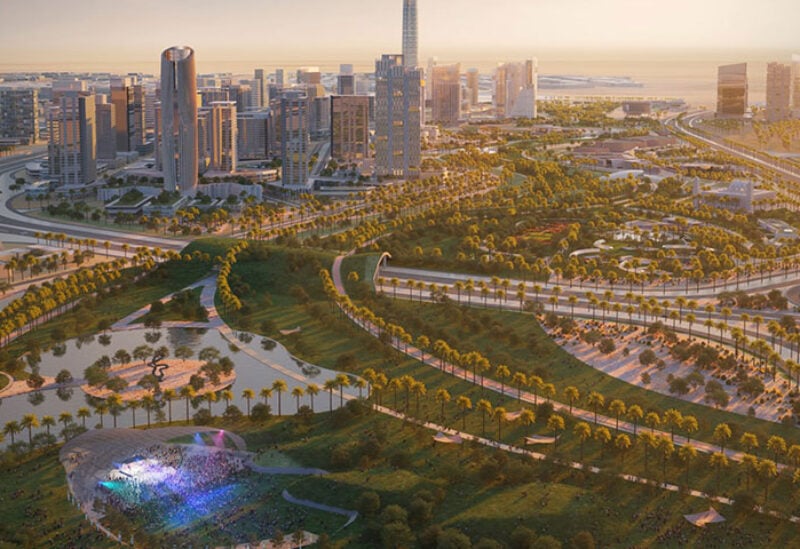
New Administrative Capital in Egypt
Egypt is preparing a grand new capital city in the desert east of Cairo before the first civil servants move in this summer, and ahead of the delayed official opening of President Abdel Fattah al-Sisi’s flagship project.
At the heart of the city, workers are putting finishing touches to an avenue of ministries and two domed parliament buildings and a sprawling presidential compound.
There will be a monorail passing through a business district where a 385-metre central tower is close to completion. Beyond, the contours of a 10km park stretching to a giant mosque are taking shape.
The city, known simply as the New Administrative Capital, is designed to operate with smart technology. It will boast universities, leisure facilities and a diplomatic quarter.
But it has made halting progress, and after Emirati funding fell through shortly after it was announced in 2015, the military and government took on the estimated $25 billion cost of the first phase, injecting off-budget investment.
Some foreign loans and financing have been secured.
The coronavirus pandemic also slowed progress, and the first of three planned phases, covering 168 square kilometers, will not be completed when the government begins to move in.
“The rate of completion of the first phase has passed 60 percent across all projects,” said Khaled el-Husseiny, spokesman for the new capital.
He added that the delayed transfer of civil servants would begin in July, ahead of an official opening planned for the end of 2021.
The city is being designed as a high-tech model for Egypt’s future.
Control centers will monitor infrastructure and security electronically, roofs will be covered in solar panels, payments will be cashless and 15 square metres of green space are allocated per inhabitant, officials said.
The completion of the business district, yet to be marketed, is set for 2023.
Electric train and monorail links are under construction. The first 50,000 civil servants expected to relocate to the new capital from this summer will be offered shuttle buses to get there.
Around 5,000 out of 20,000 housing units have been sold in the first residential district expected to open in May, said Khattab.